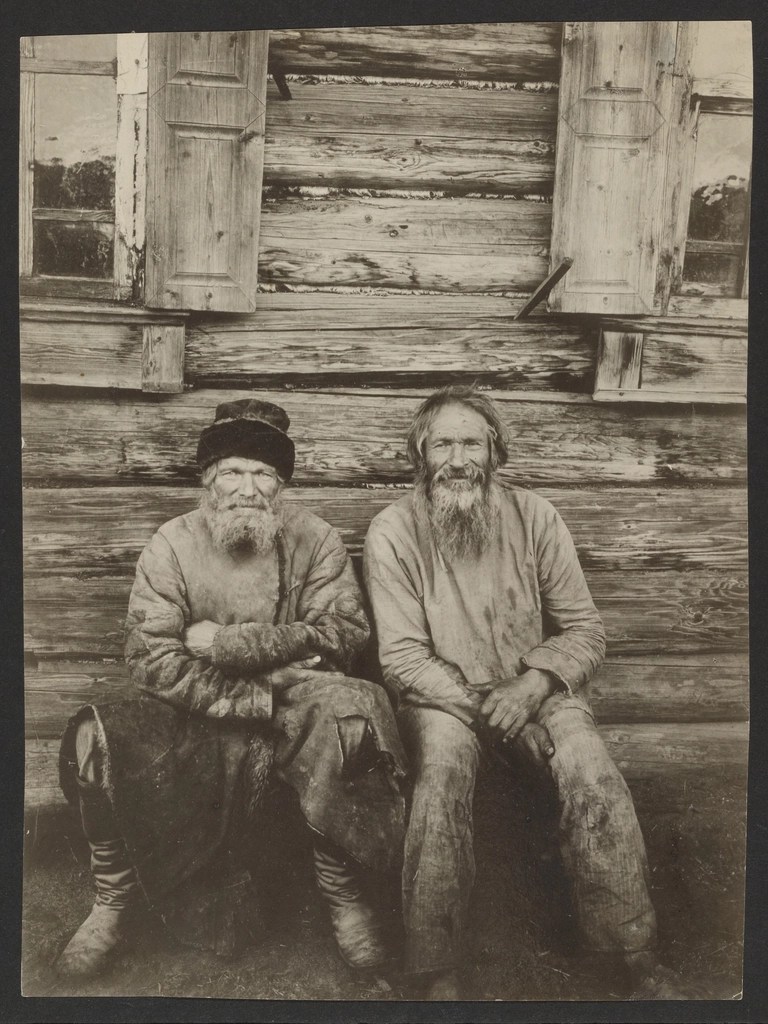
What do I miss since no longer being able to drive? It is the above that I miss most of all. I miss being able to drive to where I want to go on my own when I want. Actually it is that “being able to do what I want when I want” that I am finding hardest.
I’ve always struggled with being boxed in and needing the space to do what I want when I want. That is probably why I didn’t settle in office type jobs but went for hospitality or youth work because, even if the hours were set, what went on was so random. There is something for me about being tied in that makes me panic.
But during my QEC sessions and spending time journaling I’ve learned to work these issues through. Even with the not-being-able-to-drive thing I’m working out my own freedom with it. But then something happened and I realised how easily I [and probably you] can fall back into those old pathways, those known ways of being even if they didn’t fit back then and don’t fit now.
We’ve got a new vicar at our church. He called a meeting last week where he set out his vision for the church. There were lots of opportunities to volunteer for things and at the meeting I was really super enthusiastic and was frustrated that there were no sign up sheets. But then when I was on the bus I was really really tired, like exhausted tired. Then when I got to the beach and was pottering along with my dog enjoying the sea and that freedom I felt like I didn’t want to do anything and was moving into being cross. Yes even though one of the vicar’s main points was “don’t feel like you have to do anything” I was still cross at feeling like I “had to” do these things I was good at.
But this is where things have changed, where all that healing has come to pass. Or as an old YWAM leader once said – I’m learning to walk the new green pathways.

What he meant by this is that whenever we do something we create a known way of going and we stick to that whether it is right or wrong, helpful to us or not. When we get into healing we start to see how wrong those paths are for us, how they are not beneficial to us but we can only make the new paths by walking them. Too often, even when we’ve had healing of any kind we think it hasn’t worked because we are still doing the same old same old. Still walking those same old paths. We need to start walking across a new grass filled field and make new paths. We need to walk new ways. We need to mark out new pathways that fit with who we really are rather than who we think we should be. And we can only do that by walking them.
That first me after the meeting was the old “look at me and like me” me but I’ve changed and am now more willing to say “yes I could do that but I need time to write, to read, to walk alone [even if that is more complicated and needs more thinking about – and thus more time] and also to bump into friends and other random people to chat with as I feel God leads me. I can now be honest with myself and say I must be careful not to let myself take on too much as I’ll feel frustrated by it.
For each of us our new pathways are different, which is what can make it hard to walk them. We get so used to following the herd, of doing what makes others happy, of fitting in so we don’t have to think, that we often just following along. But then of course we either get tired, get resentful, get sickness and illnesses, get angry, and also don’t fulfil are full potential, are full who our Creator truly made us to.
I know The Creator of the Universe loves me just as I am and I believe my role in life is to know that fully and to share that fully. But I am beginning to realise that I can’t do that by being busy, by getting tired and resentful, etc. So I need to walk my new pathways – those I can choose and those, like with the driving, that have been foisted upon me – and trust what is really out there for me

Interesting coincidence. This was the reading from Henri Nouwen on the day I wrote this blog piece.
Discerning God’s Will
Small, seemingly insignificant events, ideas, and life circumstances can become occasions to discern God’s will and calling in your life. Both inner and outer events and circumstances can be read and interpreted as signposts leading to a deeper understanding of the way the Spirit of God is working in our daily lives…. We have the freedom and responsibility to look at our lives with the eyes of faith and a heart of trust, believing that God cares and is active in our lives.
https://henrinouwen.org/meditation/ 1st October 2025







